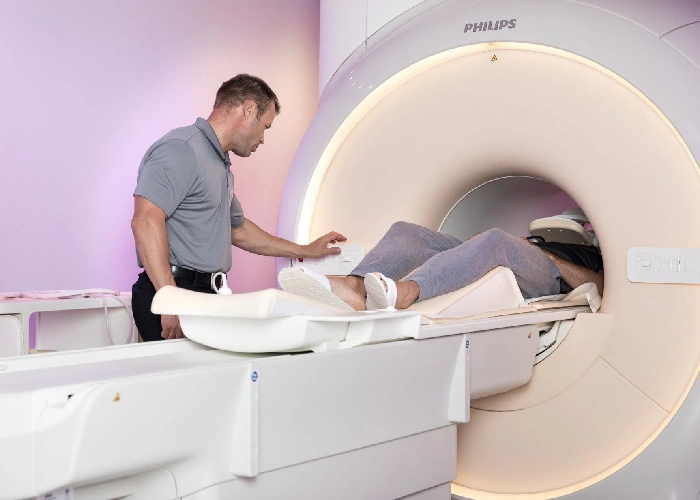Are you struggling with the ongoing effects of traumatic experiences? Do memories of past events continue to disrupt your daily life? Are you trying to heal and move forward without the heavy burden of emotional pain?
At Ebb & Flow Counseling, we help you find peace and healing by addressing your emotional challenges with empathy and professionalism.



EMDR (Eye Movement Desensitization and Reprocessing) therapy offers you a proven path to recovery if you’re dealing with the effects of trauma and its ongoing impact. It lessens the distress linked to your traumatic memories through a structured process that includes guided eye movements. Here’s our approach:
We begin by thoroughly understanding your specific trauma history and symptoms. This initial assessment allows us to tailor the EMDR process specifically to you, ensuring that the therapy aligns with your personal healing goals.
Our sessions are designed to make you feel secure and supported. We create a space where you can explore your emotions and memories without judgment, facilitated by compassionate therapists who guide you through every step of the process.
EMDR therapy at Ebb & Flow follows a structured protocol that includes eight phases, starting with history-taking and ending with an evaluation of the treatment effects. This phased approach ensures a comprehensive handling of traumatic memories.
As you progress through therapy, we help integrate the emotional and cognitive insights gained during sessions into your daily life. This integration is crucial for long-term healing and resilience.
Throughout your therapy, we continuously assess your progress and adjust the treatment plan as necessary. This dynamic approach allows us to respond to your evolving needs and maximize the therapy’s effectiveness.
Individual counseling adapts to your journey, offering a respectful, understanding, and supportive partnership.
At Ebb & Flow Counseling, our EMDR/Trauma Therapy sessions are designed to address a wide range of emotional and psychological challenges. Here are some of the common issues we help our clients overcome:
Addressing these challenges through EMDR alleviates symptoms and enhances overall emotional resilience, helping clients lead more balanced and fulfilling lives.
When you start individual counseling at Ebb & Flow Counseling, here’s what you can look forward to:
Your first session will involve a detailed discussion about your background, the issues you are facing, and your therapy goals. This assessment helps your therapist tailor the EMDR treatment to your needs.
We ensure that you are fully prepared for the therapy process. You’ll learn coping strategies to manage emotional distress and gain an understanding of how EMDR works, establishing a foundation of trust and safety.
We’ll work with you to identify the specific traumatic memories that are contributing to your current distress. These memories will become the focus of our sessions.
Using guided eye movements or other bilateral stimulation, we help you process these traumatic memories. The goal is to reduce their lingering emotional impact on you significantly.
We reinforce positive beliefs that you’ve identified as replacements for the negative ones associated with your traumatic memories. This step promotes healthier thinking patterns.
After processing the distressing memories, we conduct a body scan to identify any remaining physical tension or discomfort associated with the memory and the newly installed positive belief.
At the start of each subsequent session, we’ll assess the impact of the previous session and determine the next steps. This ensures that the therapy continuously adapts to your healing journey.
Your first session will involve a detailed discussion about your background, the issues you are facing, and your therapy goals. This assessment helps your therapist tailor the EMDR treatment to your needs.


We ensure that you are fully prepared for the therapy process. You’ll learn coping strategies to manage emotional distress and gain an understanding of how EMDR works, establishing a foundation of trust and safety.
We’ll work with you to identify the specific traumatic memories that are contributing to your current distress. These memories will become the focus of our sessions.


Using guided eye movements or other bilateral stimulation, we help you process these traumatic memories. The goal is to reduce their lingering emotional impact on you significantly.
We reinforce positive beliefs that you’ve identified as replacements for the negative ones associated with your traumatic memories. This step promotes healthier thinking patterns.


After processing the distressing memories, we conduct a body scan to identify any remaining physical tension or discomfort associated with the memory and the newly installed positive belief.
We ensure that you leave each session feeling more grounded than when you arrived. We’ll review the coping strategies you can use between sessions to manage any emotional disturbances that may arise.


At the start of each subsequent session, we’ll assess the impact of the previous session and determine the next steps. This ensures that the therapy continuously adapts to your healing journey.
Our goal is to help you achieve significant healing and improve your overall quality of life.
Ready to start your journey towards healing? Contact Ebb & Flow Counseling today to schedule your EMDR/Trauma Therapy session and take the first step towards recovery.
To prepare for your first EMDR session at Ebb & Flow Counseling, ensure you are well-rested and have eaten beforehand. Arrive with an open mind and be ready to discuss your goals for therapy.
It’s helpful to bring a journal to note any thoughts or feelings that arise during the session. Remember, this is a safe space, and you’re in control of the pace of your treatment.
To find EMDR/Trauma Therapy services near you, consider reaching out to us at Ebb & Flow Counseling. We offer expert, compassionate EMDR therapy tailored to your specific needs, helping you navigate and heal from trauma effectively.
To determine if EMDR therapy is right for you, consider whether you have experienced trauma or have ongoing symptoms that interfere with your daily life, such as anxiety, flashbacks, or emotional distress.